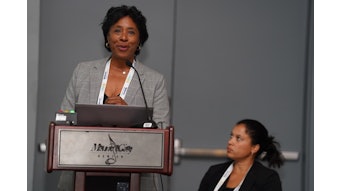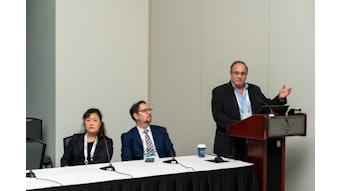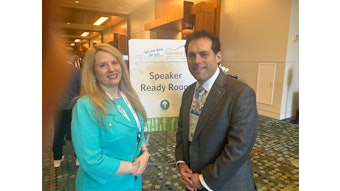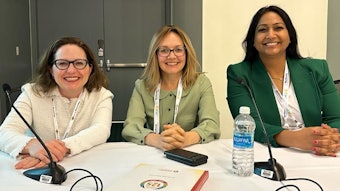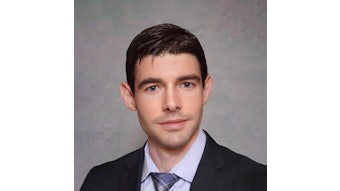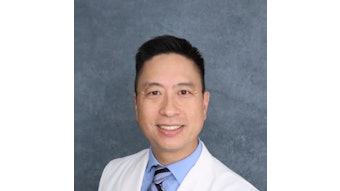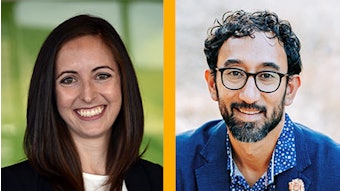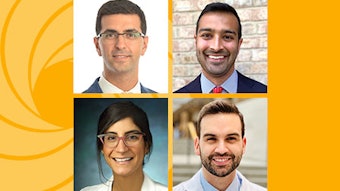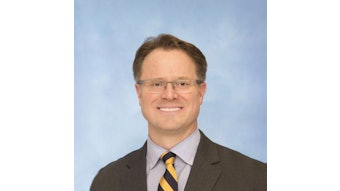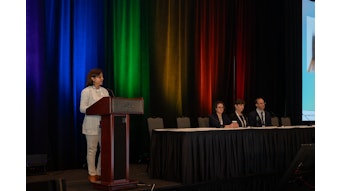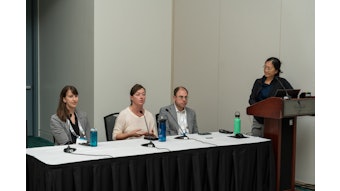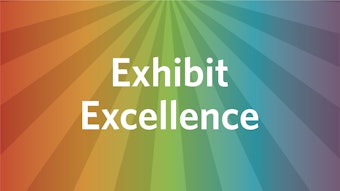Humanitarian Efforts Forum: COVID and Building Fellowship Training Programs around the World
Session to explore humanitarian opportunities around the globe.
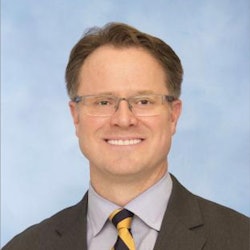
Hearing loss affects nearly 20% of the global population, according to the World Health Organization. Infections, cholesteatoma, and issues of otology and neurotology are also international phenomena. How can you get involved and make a difference?
In Tuesday’s Humanitarian Efforts Forum, which is an annual session sponsored by the AAO-HNSF Humanitarian Efforts Committee, you’ll have the opportunity to learn about relevant topics that affect humanitarian outreach at home and abroad and how you can contribute your time and expertise. This year’s Humanitarian Efforts Forum will feature expert panelists who will discuss two important topics: The impact of COVID on humanitarian efforts, what we’ve learned from the pandemic, and how to establish specialized surgical fellowship training programs and initiatives around the world that have the potential to become embedded in a low-resource country’s medical education system.
“Humanitarian outreach has a tangible and intangible impact on all who are involved. It should be about building sustainable partnerships; partnerships that endure and contribute positively to people’s lives currently and in the lives of future generations,” said Gregory J. Basura, MD, PhD, Associate Professor in the Department of Otolaryngology - Head and Neck Surgery at the University of Michigan in Ann Arbor, who will moderate the forum with Ryan H. Belcher, MD, MPH, Assistant Professor and Surgical Co-Director of the Vanderbilt Pediatric and Thyroid Nodule and Cancer Program.
Dr. Basura has been participating in humanitarian outreach over the past decade, with outreach to Hanoi, Vietnam, then Kenya and Ghana in Africa, followed by virtual outreach from home. Dr. Basura is currently working with the University of Cape Town in South Africa to build and sustain an otology fellowship.
“The program just started with the first fellow from Zimbabwe in June, and the plan going forward is to train fellows from all over the continent,” he said. The goal is to build a sustainable, long-term educational program that provides fellows with the vital surgical skills they can take back to their communities to manage healthcare challenges in their home countries in the best possible way.
“We want fellowships like this one to be the new standard of subspecialized training for otology in Africa,” Dr. Basura said.
Tuesday’s two-hour session will leave plenty of time for open discussion, sharing ideas, and talking about concepts and plans. “Humanitarian outreach is an experience-driven initiative, and that's where the value is: getting feedback from people who have had these life experiences, including how to ideally integrate into low-resource communities without disrupting existing culture, politics, or workflow,” Dr. Basura said.
If you’re just starting out in your medical career, residency is a good time to get involved in AAO-HNSF humanitarian outreach efforts because established programs are available, but it’s never too late to contribute in underserved areas and in countries with limited resources. All that’s required is a little time and an intrinsic interest.
In addition to this informative and engaging program session today, more information about the AAO-HNSF humanitarian efforts program can be found at https://www.entnet.org/get-involved/humanitarian-efforts/.
